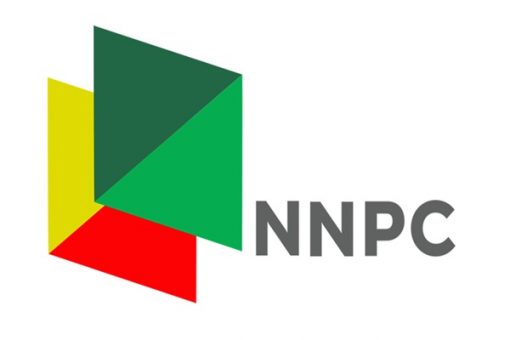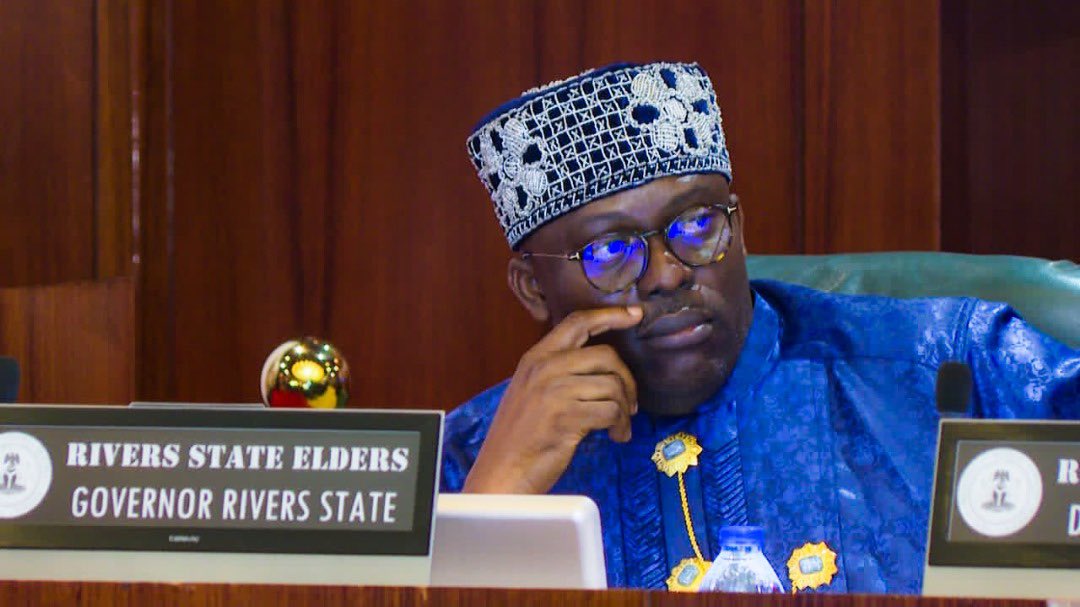The Socio-Economic Rights and Accountability Project (SERAP) has called on the Group Chief Executive Officer of the Nigerian National Petroleum Company Limited (NNPCL), Mr. Bayo Bashir Ojulari, to account for the alleged disappearance of N500 billion in oil revenue between October and December 2024.
Citing revelations from a recent World Bank report, SERAP said the NNPCL reportedly generated N1.1 trillion from crude oil sales and other sources within the last quarter of 2024, but remitted only N600 billion to the Federation Account—leaving a shortfall of N500 billion unaccounted for.
In a Freedom of Information (FOI) request dated May 17, 2025, and signed by its deputy director Kolawole Oluwadare, SERAP urged Mr. Ojulari to disclose details of the unremitted funds, identify officials involved, and invite both the Economic and Financial Crimes Commission (EFCC) and the Independent Corrupt Practices and Other Related Offences Commission (ICPC) to investigate and prosecute those responsible.
“There is a legitimate public interest in explaining the whereabouts of the alleged missing N500 billion oil money,” the letter read. “The country’s oil wealth ought to be used solely for the benefit of the Nigerian people.”
The organization emphasized that the failure to remit the full amount violates constitutional provisions, undermines public trust, and denies states and local governments their rightful allocations.
Public Funds, Public Rights
SERAP expressed concern that ordinary Nigerians continue to bear the brunt of poor public service delivery due to the disappearance of funds meant for national development.
“Despite our oil wealth, widespread corruption and impunity have trapped millions of Nigerians in poverty,” the group stated.
SERAP warned that if the NNPCL fails to respond within seven days, it would pursue legal action to compel compliance in the public interest.
The International Monetary Fund (IMF) also recently raised concerns over the mismanagement of subsidy removal savings, urging that such funds be redirected into the national budget to address the worsening cost-of-living crisis.
A Pattern of Poor Transparency
SERAP reminded the public that both the Auditor-General of the Federation and the Nigeria Extractive Industries Transparency Initiative (NEITI) have previously flagged similar revenue shortfalls at the NNPCL, calling for stronger accountability mechanisms in the oil sector.
Quoting Section 15(5) of the Nigerian Constitution and Article 5 of the UN Convention Against Corruption, the group asserted that Nigeria’s anti-corruption obligations must be upheld.
“Transparency in oil revenue is not a luxury but a legal and moral obligation,” SERAP stressed. “The missing N500 billion has not only weakened our economy but denied millions of Nigerians access to basic public goods and services.”




